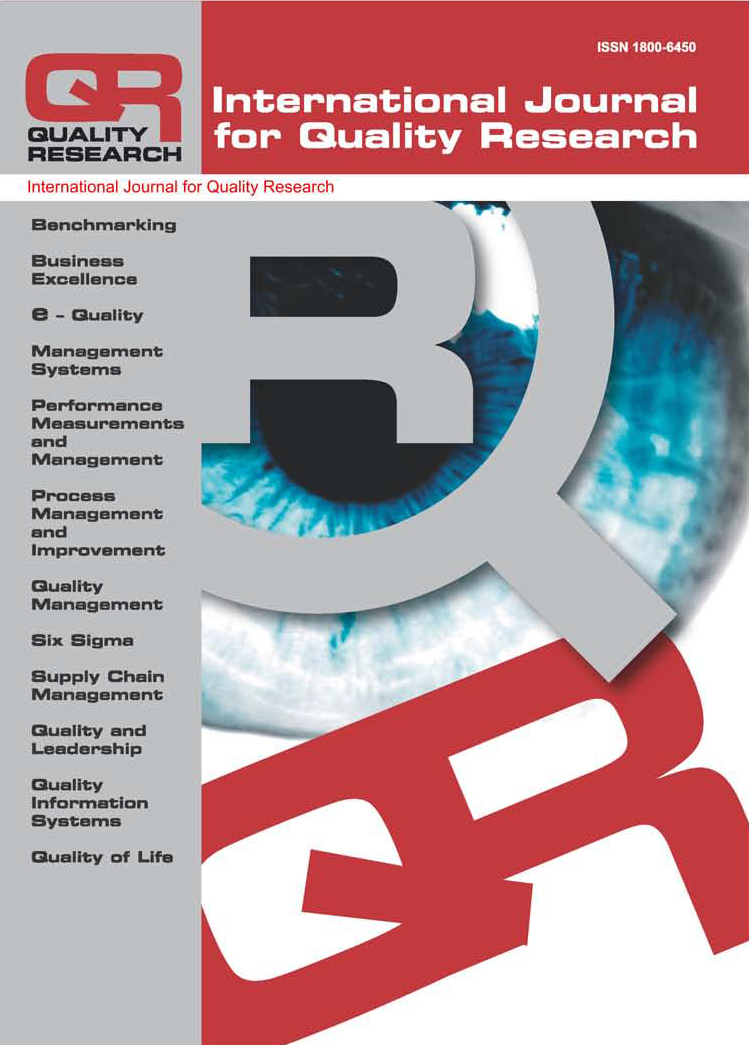ADAPTING KANO'S THEORY FOR WEIGHTING AND IMPLEMENTING CUSTOMER REQUIREMENTS ON A SOFTWARE TOOL FOR ASSESSING HUMAN RELIABILITY IN MANUAL ASSEMBLY
Christian Kern, Robert Refflinghaus
Abstract: The following paper illustrates the conception of an Excel-based software tool developed to predict human error probabilities in manual assembly lines. In this regard, the paper clearifies how reliable risk analyses of manual work tasks can be carried out with the help of a software tool. Furthermore, to initiate a high user-friendliness, a high acceptance and a high level of dissemination, this paper deals with a Kano survey concerning customer requirements on the developed software tool. As a result, it will be examined how customer requirements on a software tool for the automated evaluation of human errors in manual assembly can be subdivided into basic requirements, performance requirements and enthusiasm requirements. The paper concludes with an approach to widen Kano's theory by suggesting a quantitative method to find out the weighted significance of costumers' requirements.
Keywords: Manual Assembly Operations, Human Error Probability, Software-based evaluation, Customer Requirements, Customer Satisfaction, Kano`s Theory.
DOI: 10.18421/IJQR12.04-04
Recieved: 10.08.2018 Accepted: 24.10.2018 UDC: 005.6
Reads: 1554 







